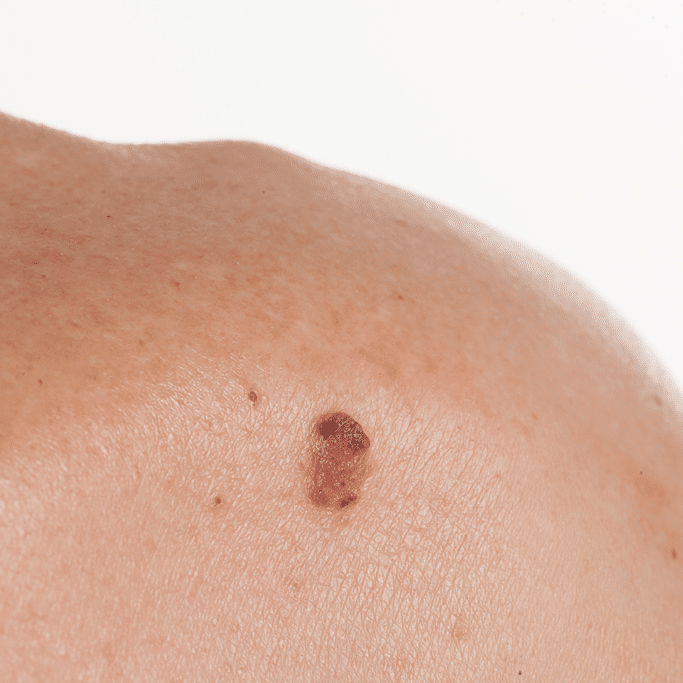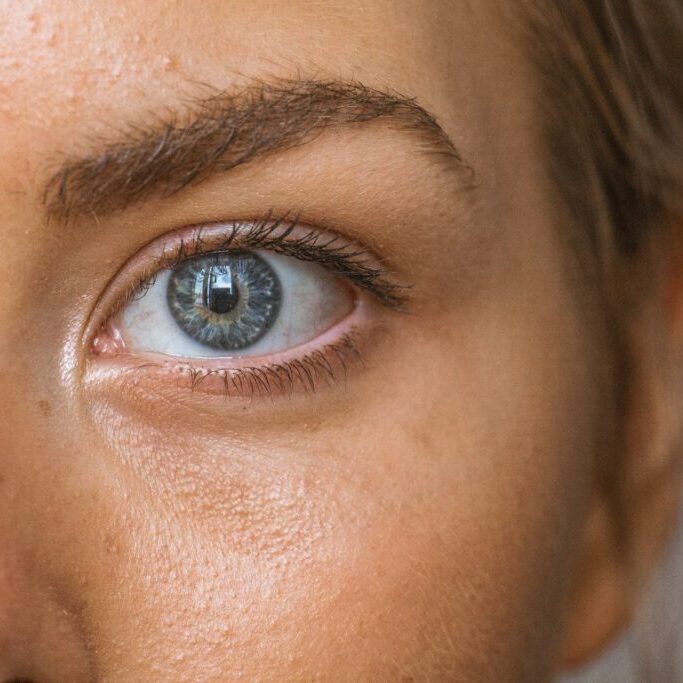Actinic Keratosis Treatment in Lehi, Utah
What is an Actinic Keratosis?
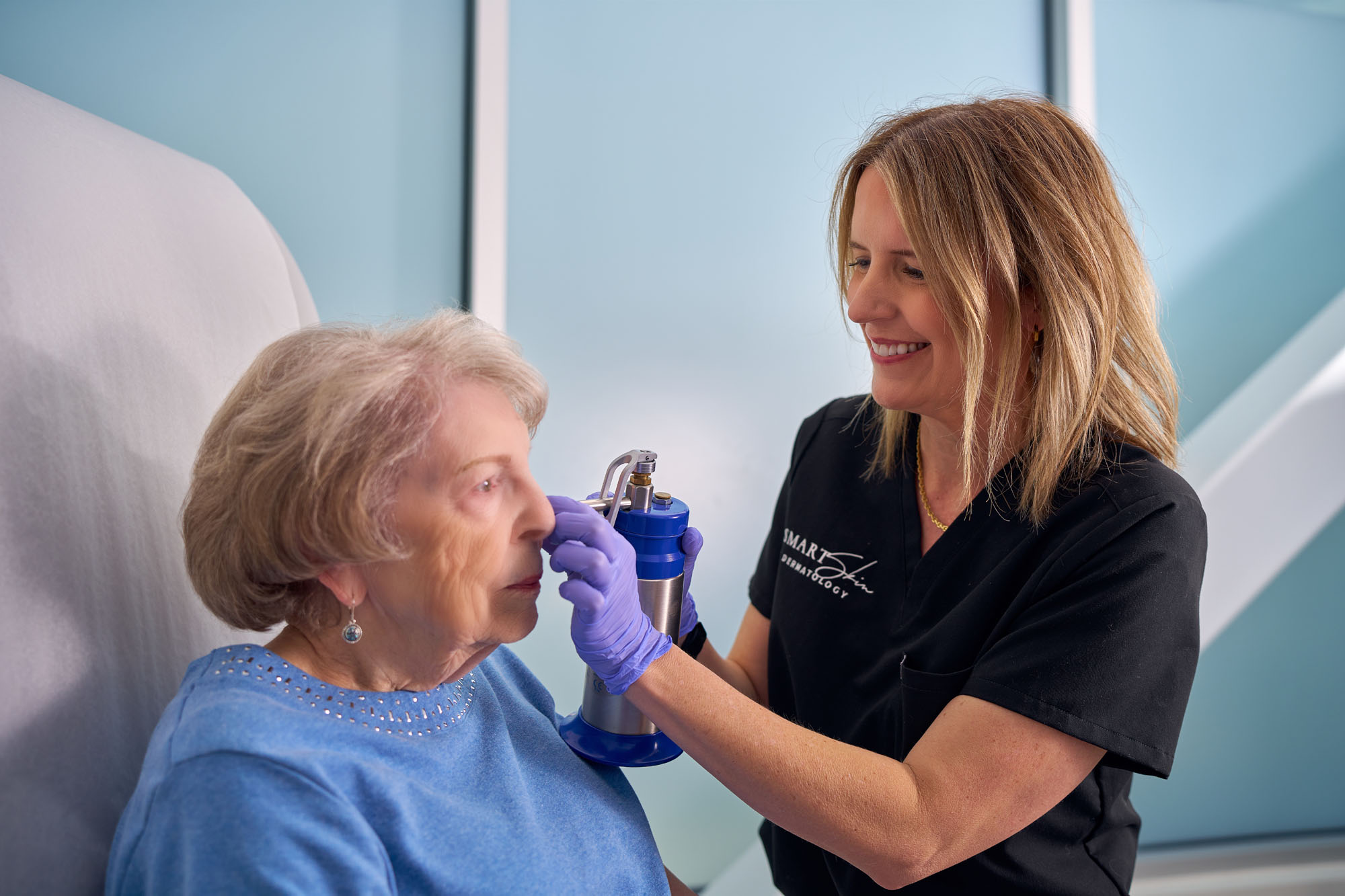
Signs of Actinic Keratoses
Understanding the Risk
Types of Actinic Keratoses
How To Prevent Actinic Keratosis
What Treatments Are Available For Actinic Keratosis?
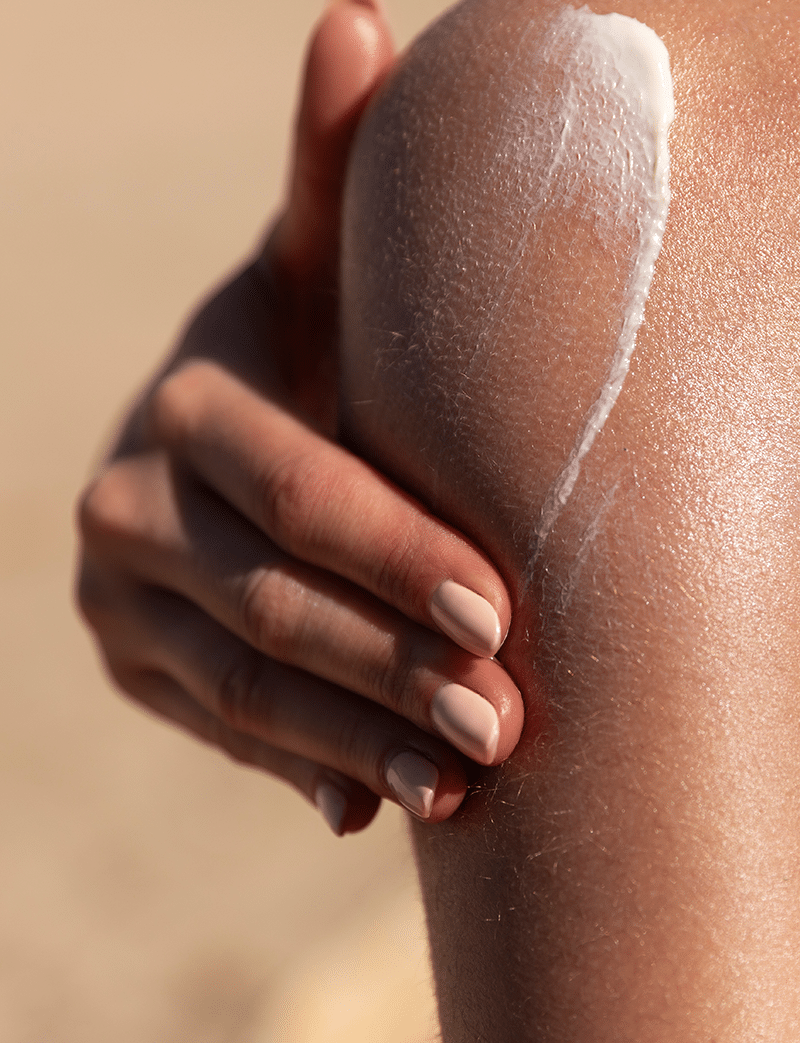
Schedule your skin cancer screening today!
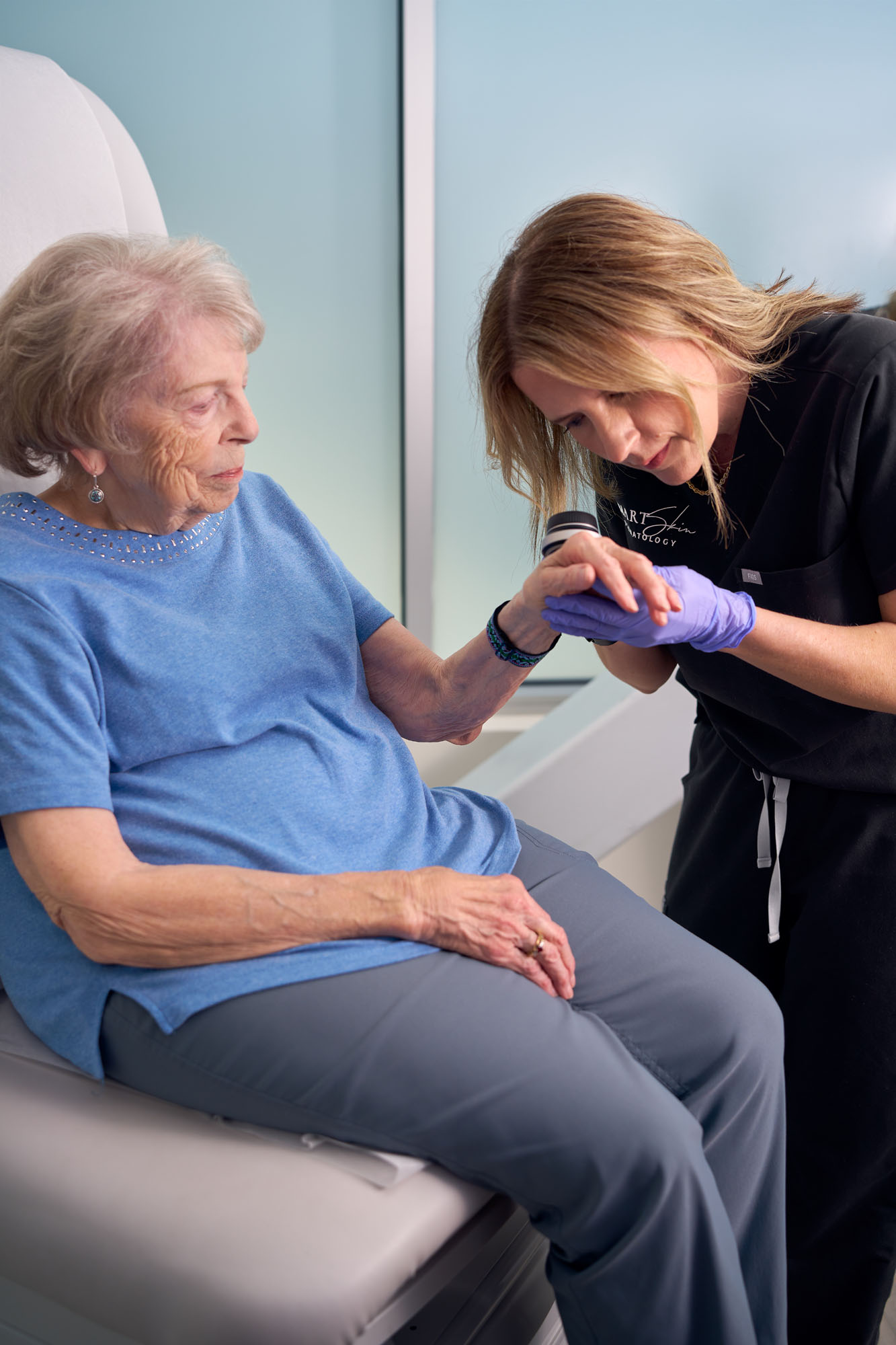
Actinic Keratosis FAQ
How long does it take for an actinic keratosis to become cancerous?
The timeframe for an AK to develop into skin cancer varies. While most AKs remain benign, there's a risk of them progressing into squamous cell carcinoma (SCC), a type of skin cancer.
Here's what you need to know:
- Risk of progression: Approximately 5-10% of actinic keratoses may develop into SCC.
- Timeframe: The progression can take years, but the exact timeline varies from person to person.
- Importance of treatment: Early detection and treatment of AKs can significantly reduce the risk of developing skin cancer.
If you have AKs, it's essential to see a dermatologist regularly for monitoring and treatment. They can help determine your individual risk and recommend the best course of action.

